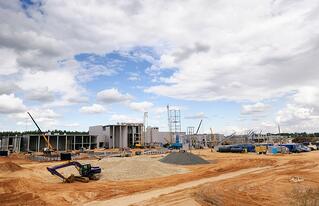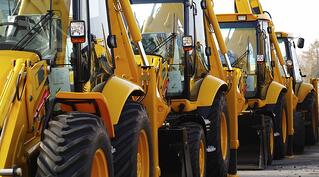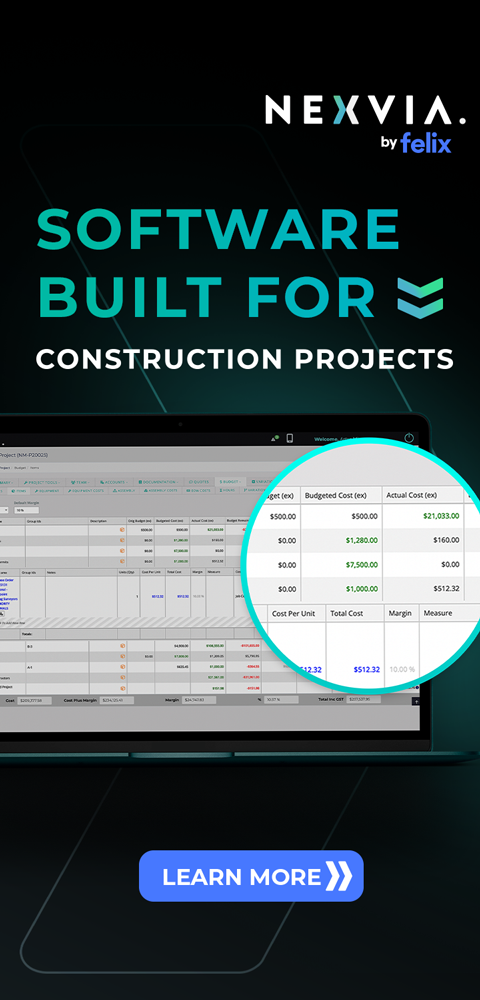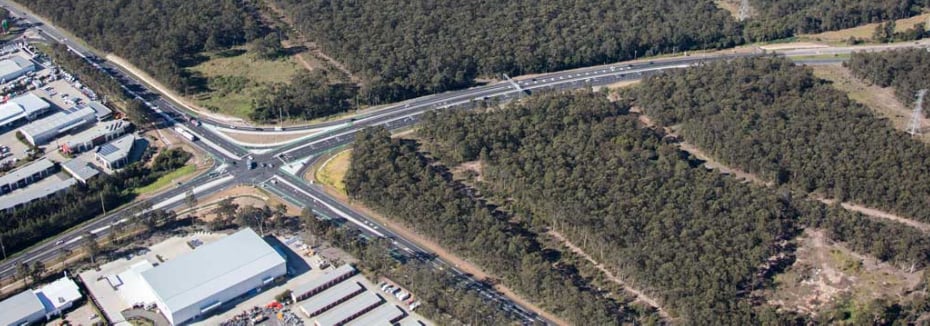An upcoming project can include offers from plant and equipment suppliers of all shapes and sizes. Choosing the right hire company for your project and overall business objectives is an important task with numerous factors at play. Your decision to contract someone for a component of your job can seriously affect the budget and delivery of your project. We've gathered feedback from hundreds of projects across Australia and found that the following 6 steps are the most important factors to consider before entering into an agreement.
Know your project requirements 
Before selecting what you'll be hiring and from who, you must confirm the project specifications. This can include type of work and project location (including terrain and soil type). You may know what piece of equipment you require, but assessing the project specifications will help you select gear that is better tailored to work around the limitations of your job site.
Check the machine's current condition
Ensure you assess the condition of any gear you're hiring. If this step is overlooked and you end up with faulty equipment, you risk the possibility of project delays and also increase the potential for injury. Request proof of services and maintenance and this should help you determine whether the gear has been appropriately looked after as well as give an indication of its performance quality.
Determine the cost
Cost will always have a significant influence on hire decisions. If you're looking to cut costs, lowest price might be your greatest priority. However it's always important to understand that in many cases, better equipment will mean increased costs.
When tossing up between high or low price offers, you should investigate the quality delivered by each business. If you opt for the lower cost and risk foregoing quality machinery, you may be left with a higher bill as a result of project delays or sourcing someone else to redo the job. Cost is also a good comparison tool when choosing between two companies of equal quality, with price being their only difference.
Get to know how the equipment will be transported to the work site
The transportation of equipment can be difficult and 9 times out of 10 should be provided by the hire company. Make your life easier by finding a hire company who provides mob and demob services. If this is not executed effectively, you could experience project delays, disturbances to the gear and increased maintenance costs. When you're busy on site organising other aspects of your project, it's good to know that your gear will arrive on site, be set up and then removed after the completion of works. This is where local suppliers can really help your bottom line as their proximity to job sites will help reduce mob/demob costs.
Learn more about the business you're hiring from 
When looking for a reputable business to hire from, you should learn about their reputation, knowledge and experience. The more you know about the business before working with them, the better. Having a good reputation is a key indicator of the quality they provide, their track record and the level of ease when working with them. Knowledge and experience makes them more than just a supplier, but also a resource to help recommend the right gear, give advice from past projects and ensure the work is being executed correctly.
Questions to ask when hiring
- What is your maintenance schedule for equipment?
- What is your response time if the equipment isn't working?
- What are your pickup and delivery times?
- What are your hours? Is someone always available after hours if there is a problem?
- What training do you provide?
- What are your rates?
- Are there any additional fees?
- What are your billing policies?
- What are your policies for returns?
After asking the right questions and ensuring you've addressed all the key consideration for choosing your equipment supplier, you should starting thinking about wet vs dry hire. You must evaluate both options and see which suits your business and project best. We have created a wet vs dry hire comparison eBook to make your decision a little easier. Read through this eBook and learn about the benefits and shortfalls of each option.

Recent Articles
Fortescue's 133MW Nullagine Wind Project now under construction
Construction is now underway on the Nullagine Wind Project in Western Australia, which is part of Fortescue’s plan to reach its Real Zero target.
Significant milestone reached on M1 Pacific Motorway extension project
The M1 Pacific Motorway extension to Raymond Terrace project in New South Wales has reached a significant milestone with the final pile driven to complete foundation works on the 11 new bridges being built between Black Holl and Raymond Terrace.
Preferred delivery partners chosen for two hospital projects in WA
Preferred alliance delivery partners have been announced to progress design and development of two new healthcare facilities in Western Australia.
Get the latest project news
- updates on Australia's pipeline of state and federal projects
- fresh contract awards from major contractors and builders
If you're looking to contact us about other matters, please contact us.





